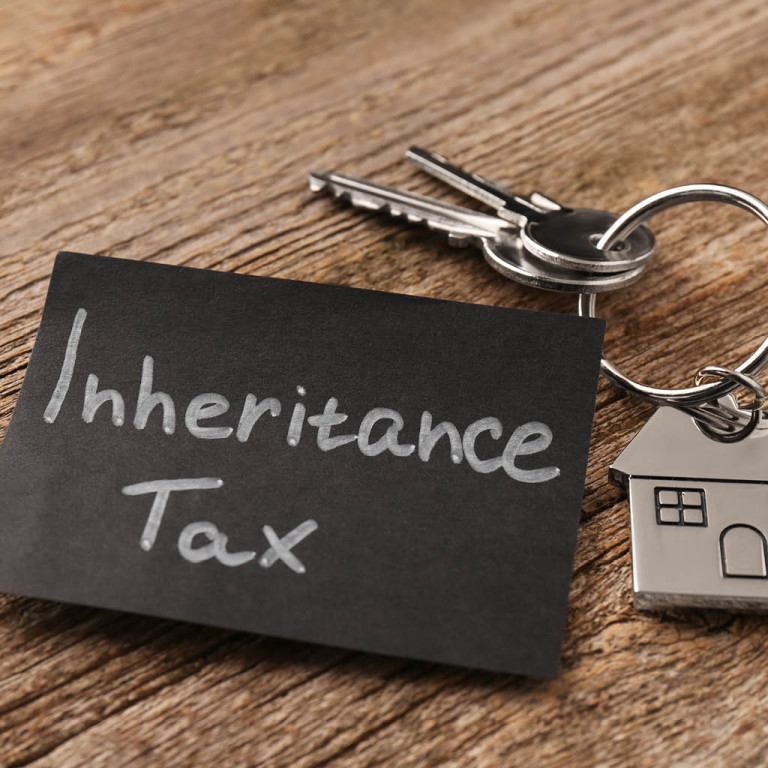Under Lasting Powers of Attorney for property and finances (‘LPAs’), attorneys usually have general authority to deal with a person’s financial affairs. This includes managing savings and investments, or real property. However, in 2015 the Office of the Public Guardian (the ‘OPG’) introduced new guidance that restricted attorneys from using a discretionary fund manager to manage investments. In order for attorneys to be given authority to deal with discretionary fund managers, a specific express provision had to be included in the LPA when drafted. Discretionary fund managers are often vital when a person’s estate includes investments, especially if the attorney is not familiar with the types of investment involved.
The OPG’s guidance caused complications for people with LPAs which did not include this wording, especially where the person who made the LPA subsequently lost mental capacity. In this situation, discretionary fund managers often required an application to the Court of Protection before they could deal with attorney-managed funds. Applications to the Court can be a long and expensive process which most attorneys would prefer to avoid. The OPG’s 2015 guidance has therefore been the subject of ongoing challenge.
However, the OPG has now agreed to change its guidance following advice from the legal community. The OPG is expected to update its LP12 guidance note to confirm that attorneys will not require specific wording in order to instruct discretionary fund managers. Of course, the person making the LPA can still introduce restrictions or preferences to limit attorneys’ authority but in the absence of this, the change should allow attorneys much greater flexibility to manage a person’s funds.
Find out more
To find out more about putting an LPA in place, amending an LPA, or advice on an attorneys duties, please contact our specialist later life planning team who will be more than happy to help.




